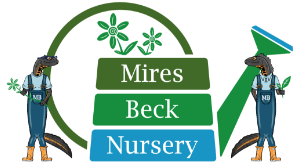World Nature Conservation Day
Posted on 26th July 2022 at 11:00
This content will be shown in the summary on the main blog page. Click on this text to edit it.
World Nature Conservation Day is a annual event that acknowledges a healthy environment is the key to a healthy, stable society. This day sends out the message that we are all responsible for conserving our environment, and we all therefore must contribute together towards an eco-friendly future. According to National Today, the destruction of wildlife habitats, loss of biodiversity, and human overexploitation is why organisations, like the International Union for Conservation of Nature (IUCN) are very important.
When Mires Beck Nursery was born, we didn't have any wildflowers or habitats, it was a very sterile, grazed field with small willow trees in the middle. 30 years later, we have at least 80 species of wildflowers on site which attract lots of different types of wildlife. Some wildflowers are more common than others, and they all attract huge amounts of butterflies, moths and flying insects.
The Clustered Bellflower (Campanula Glomerata) is a rare species across the country, however we sell it to other organisations and conservation projects, and we are trying our best to encourage them to spread it out nationally.
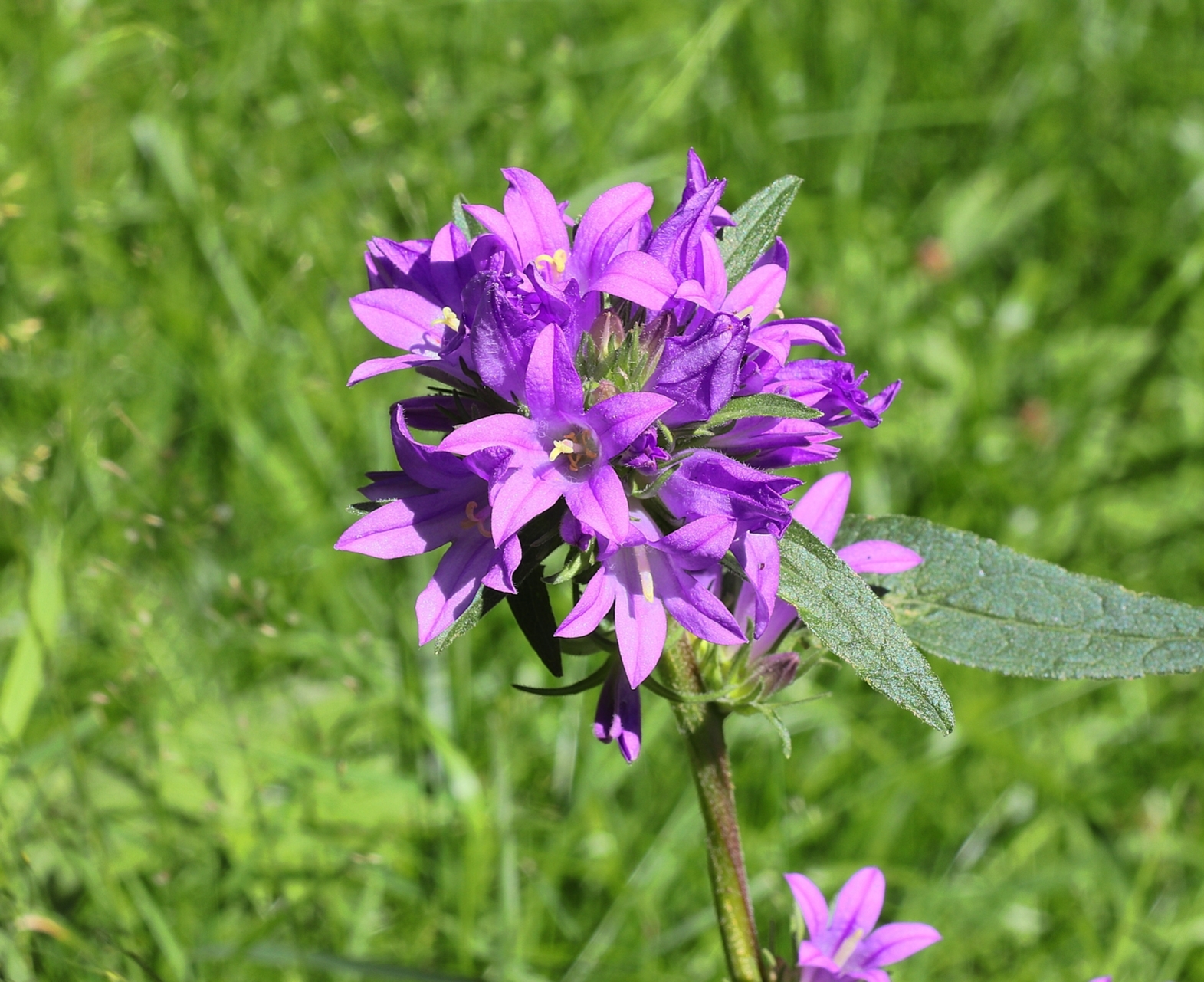
Our amazing service users, volunteers and staff members throughout the 30 years have created our woodland by succession (which means leaving a grassland area over a certain amount of time and it eventually turns into shrubs and woodland). This included semi-mature trees with rich woodland flora on a carpet of wood, which makes a diverse herb layer. Our wildflowers are different to the wildflowers that grow in ponds and open meadows because we have species in our woodland that grow in the shade and little amounts of light (for example English Bluebells). We also have a pond full of wetland plants which makes our site habitats even more diverse.

At Mires Beck, we have the Brimstone Butterfly, which is a very rare butterfly and it feeds on Alder Buckthorn, which we also have! Brimstones like to lay their eggs on Alder Buckthorn, and when they hatch the caterpillars will eat it. We are trying our best to spread Alder Buckthorn across the country by selling them to other organisations and conservation projects.
We are also working with Hull Butterfly City to help attract more butterflies by planting Alder Buckthorn in certain areas.
Many of our wildflower are spreading naturally through wind, rain, bird feaces, and pollinators. We also help some of our wildflowers spread by cutting them in September every year, which encourages the scattering of seeds and re-growth.
Our wildflowers overall have brought in bees, hoverflies and insects, which all pollinate the plants.
However, even though wildflowers have brought in all of this amazing wildlife, it has also brought in predators, such as bats and birds. Our woodland meadow has brought in woodmice and pigmi-shrews, meaning it has also attracted Kestrels and Barn Owls.
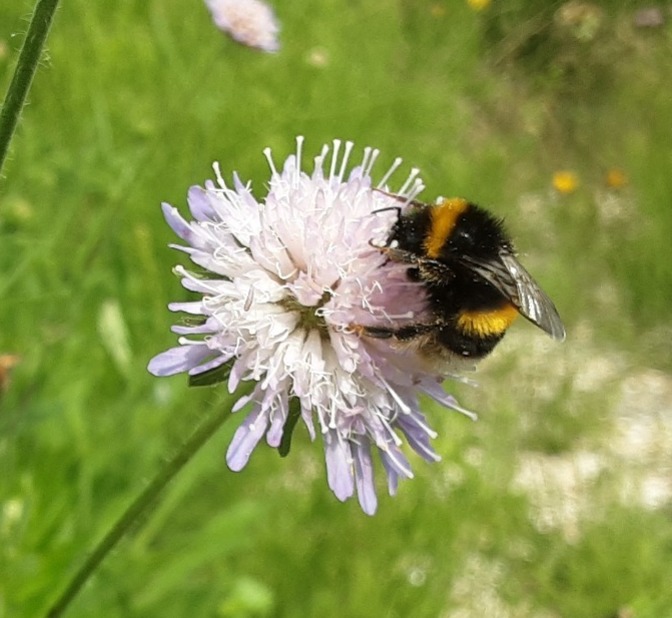
For a fairly small area of land surrounded by intensively farmed agricultural land, it has a disproportionately high amount of wildlife.
Our Wildflowers
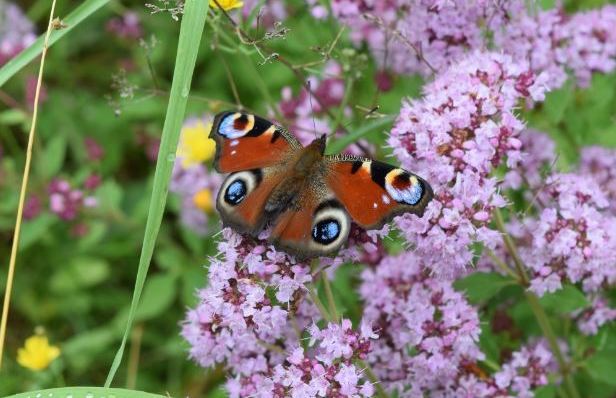
This year, we are contributing 22,000 wildflowers to rural landscapes of Yorkshire to aid biodiversity in the area. The organisations that we will be delivering to this year will be Ampleforth Parish Council, Yorkshire Wildlife Trust, Fulford, and many more. Fulford is part of a conservation charity in York, and we are helping them spread the extremely rare Tansy Beetle by selling them Tansy Plants. Did you know that the Tansy Beetle is so rare that it can only be found in 3 places in the UK, including an 18 mile stretch on the River Ouse!
We pick the seeds of 100 species from Yorkshire, which are all native to Yorkshire, and we grow 60 species here. Wildflowers attract lots of insects and birds, bringing wildlife to our site.
Our Phragmites
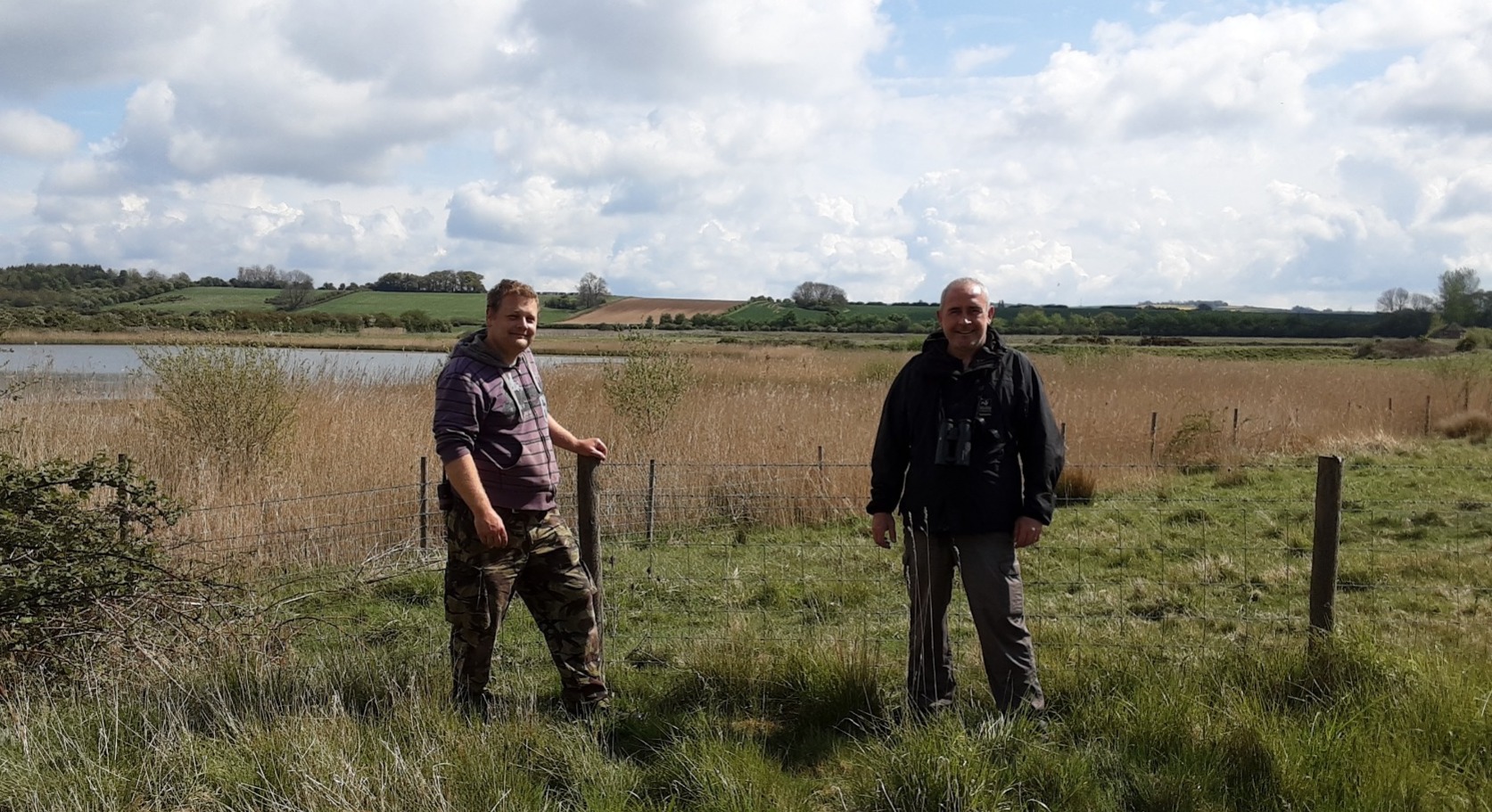
Phragmites are found all over the world, and are habitats for a whole range of wildlife, including harvest mice, and Britain's smallest mammals.
We are contributing 20,000 phragmites this year to the Yorkshire Wildlife Trust's North Cave Wetlands to put in their reedbeds to attract their fabulous wild birds, such as the Bearded Tit, Bittern and Marsh Harrier. This is the 2nd year of a 3 year project, where we are giving 20,000 to North Cave Wetlands each year!
Our Trees
Our dedicated Tree Team has planted 285,000 trees split across our 2 sites (Mires Beck and Pocklington), and they are still continuously planting more trees until mid-August. Their previous record from last year was 120,000, so it's a phenomenol progress that they all constantly push for! We deliver these trees to companies and organisations all over and around Yorkshire, and we are proud of the biodiverse spread that we have achieved.
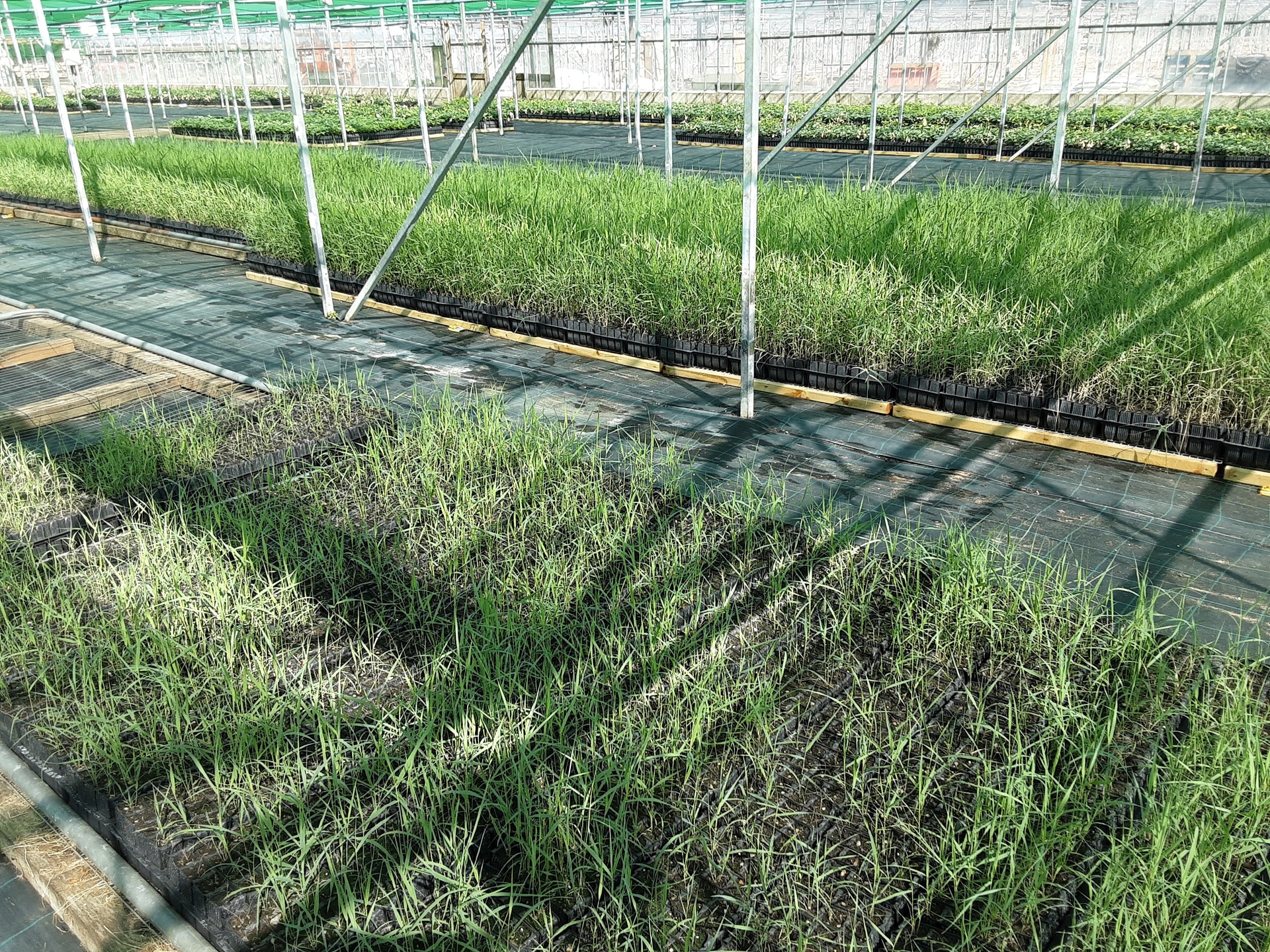
Our Newts
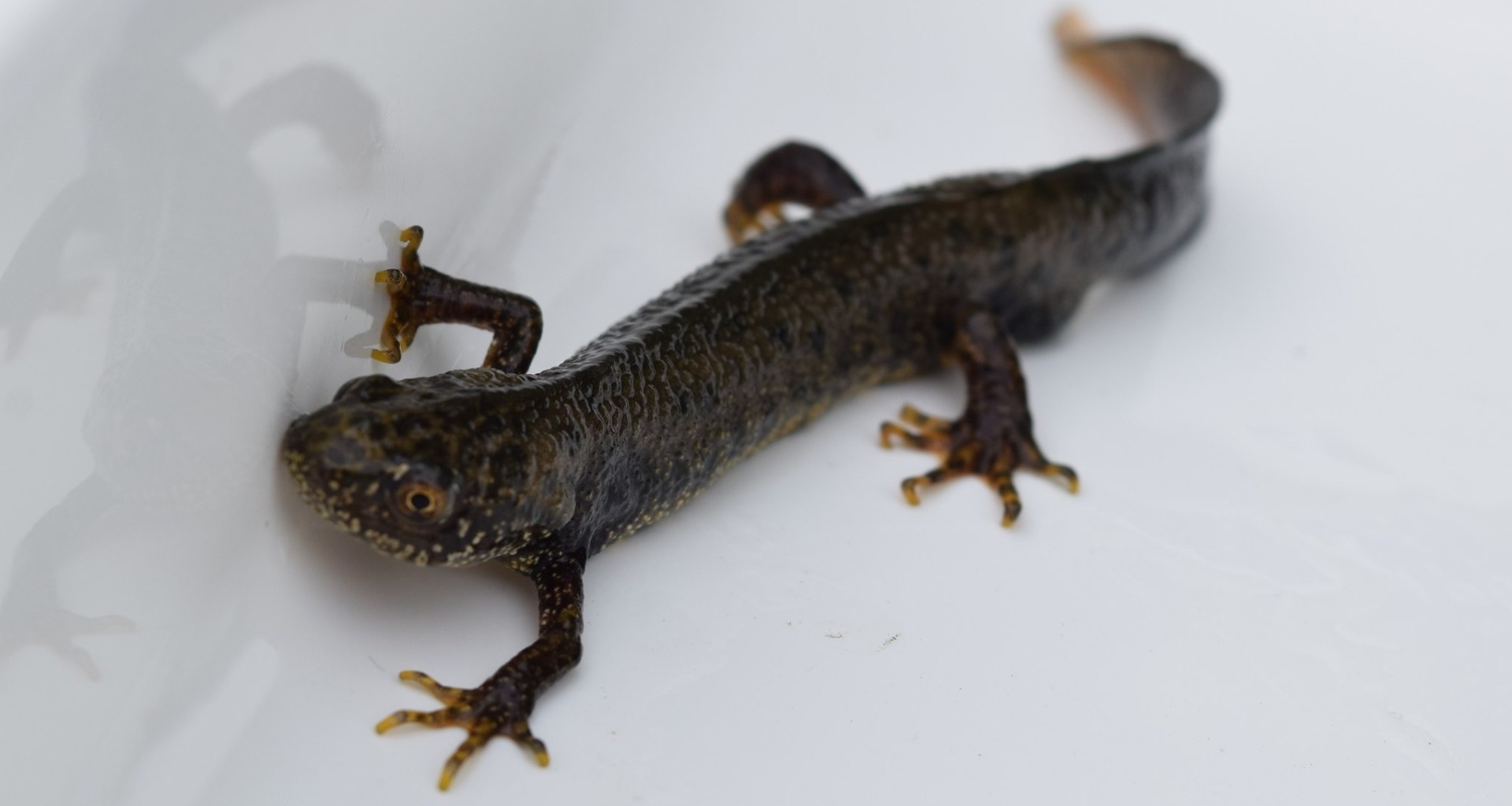
Here at Mires Beck, we have all 3 species of newt (Palamate, Smooth, and Great Crested) thanks to our pond! On open days you can come and do pond dipping in our pond, and you can find all sorts of wildlife, including our precious newts!
Did you know that Great Crested Newts are on the Red List, which means they are rare and endangered!
The newts in our company logo is the recognition of our conservation towards newts, and to show our fame for having these Great Crested Newts on our site.
A Few Tips To A Better Future
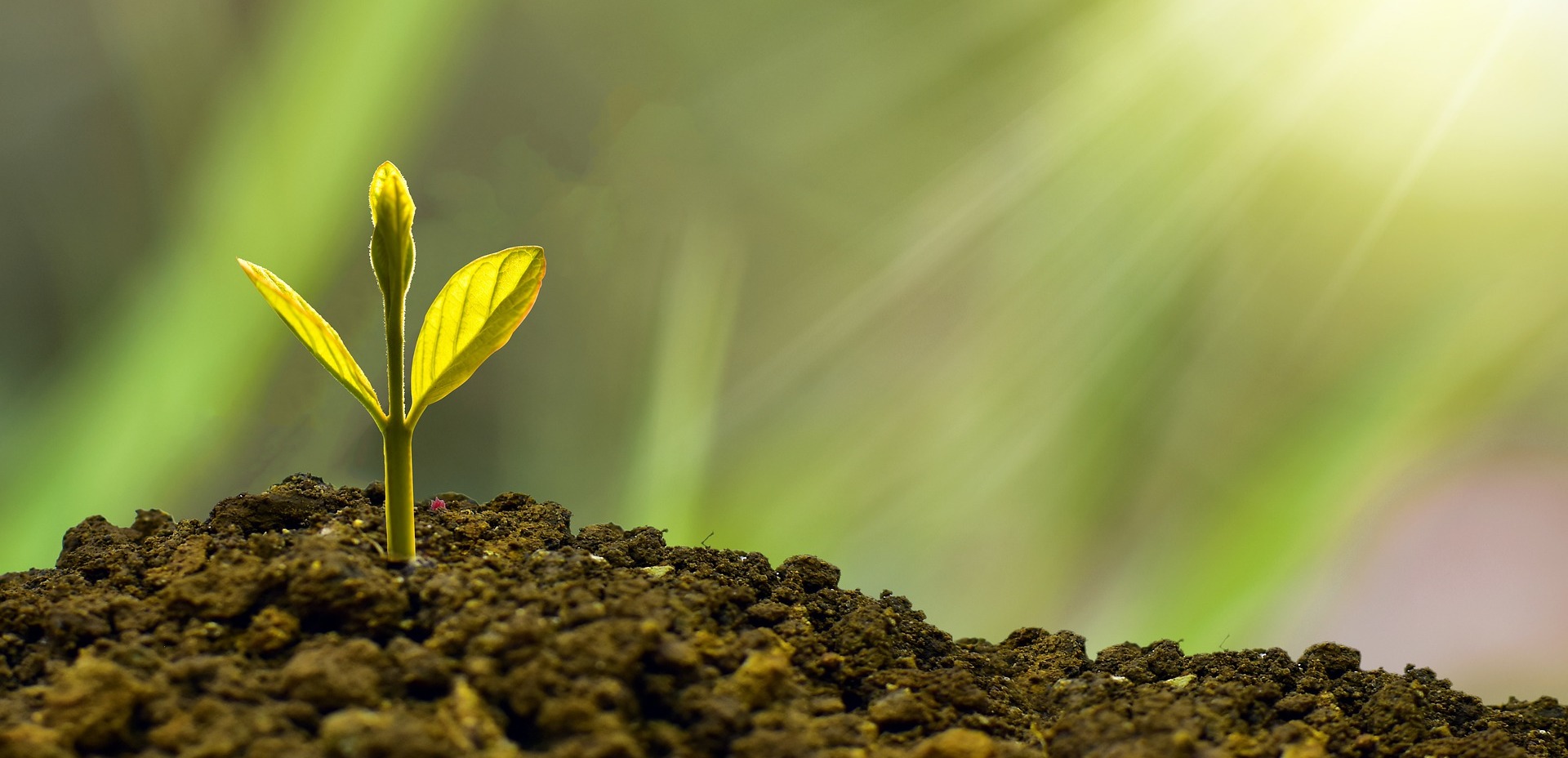
Instead of using your car, consider walking or riding a bike for short journeys, and think about carpooling for long ones
Reuse containers, such as jars, bottles, pots, etc
Quit or reduce the amount of times you smoke in a day, and throw them away in a bin rather than the ground, because the poisonous chemicals seep into the soils, and causes soil and water pollution
Make your own shopping bags or remember your reusable shopping bags when you go shopping
We sell trees to businesses/organisations/companies at Mires Beck, so why not grow some of our trees on your site
Instead of planting your plants in the soil and throwing the pots away, you can either give the pots back to us to recycle, or you can replace your plastic pots with our very special, service user made, newspaper pots which will disintergrate in your garden soil!
Please Donate
Please donate to us to enable us to grow and provide more businesses and organisations with wildflowers, therefore creating more of a variety of habitats and food sources for our wildlife.
Tagged as: Blog
Share this post:
